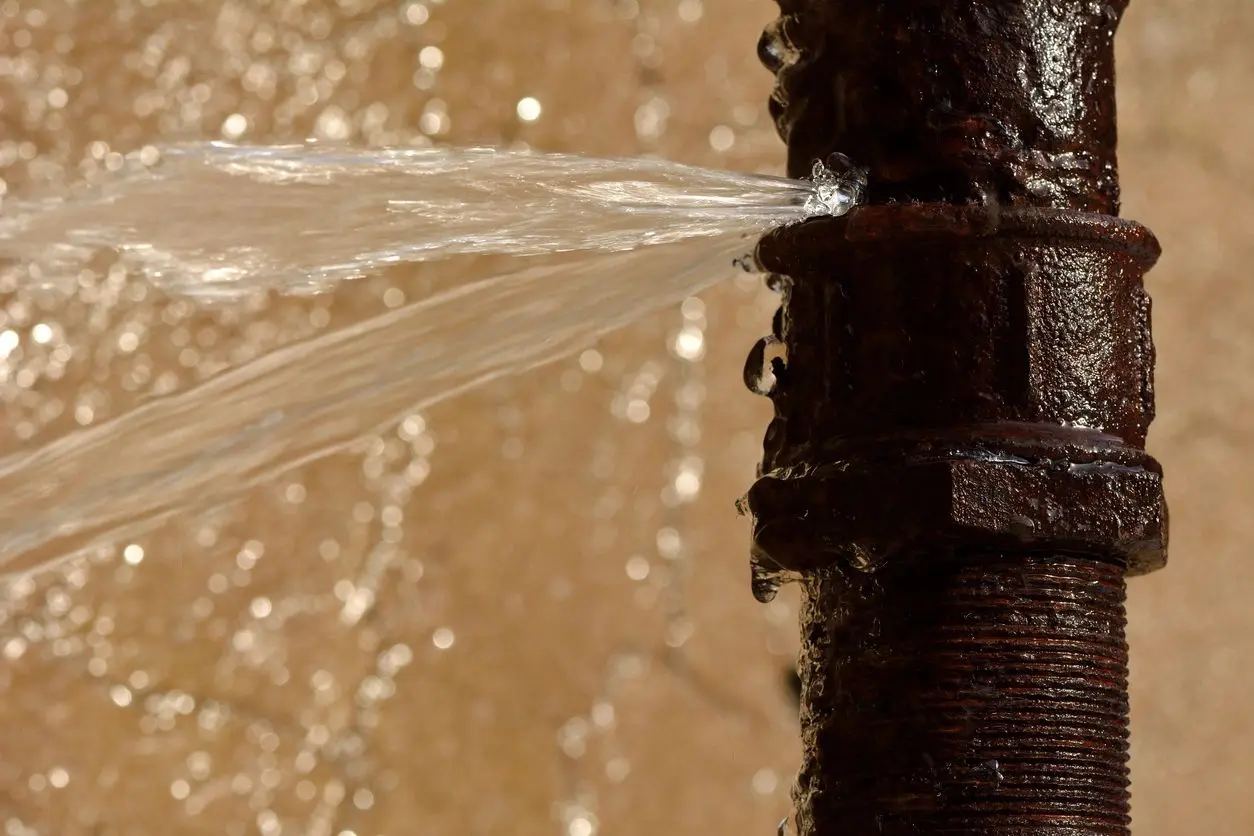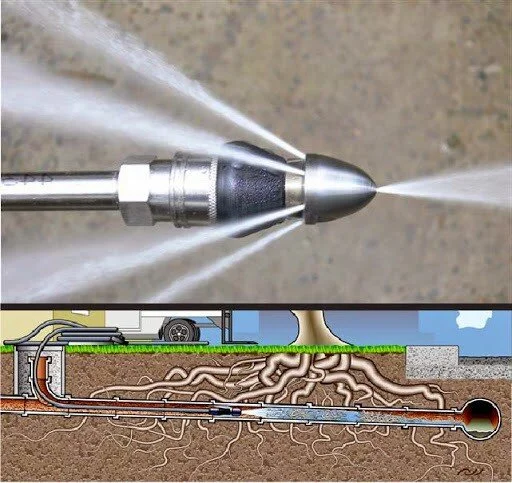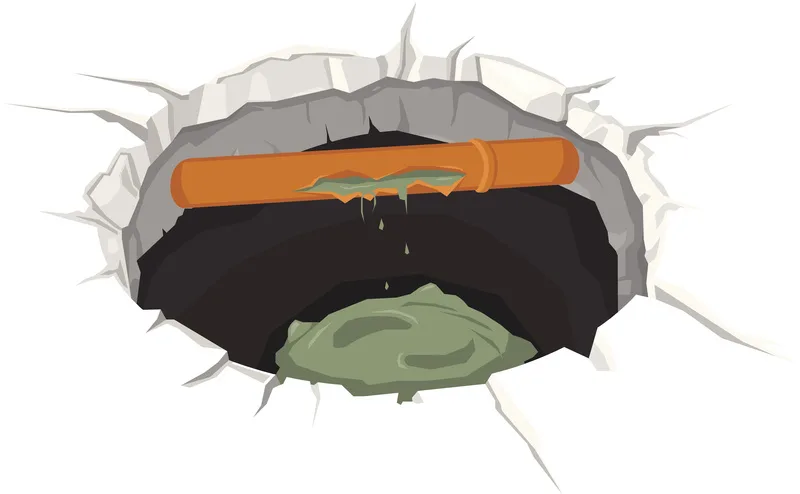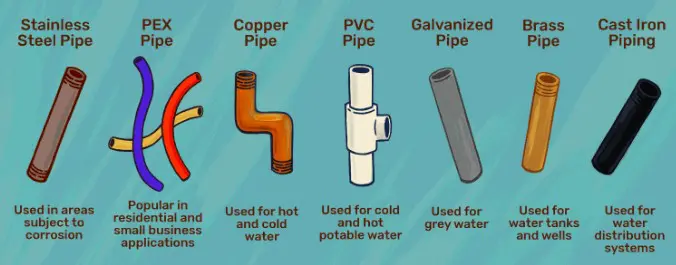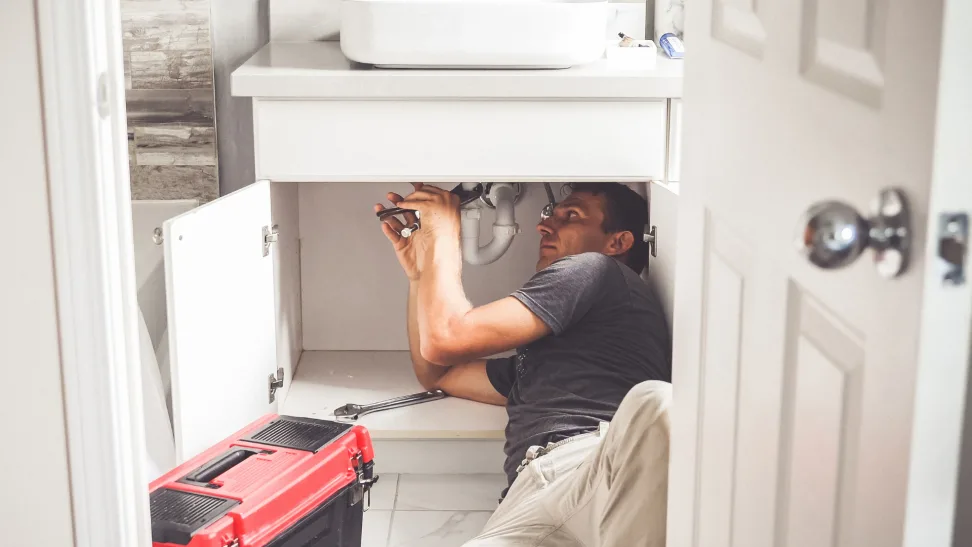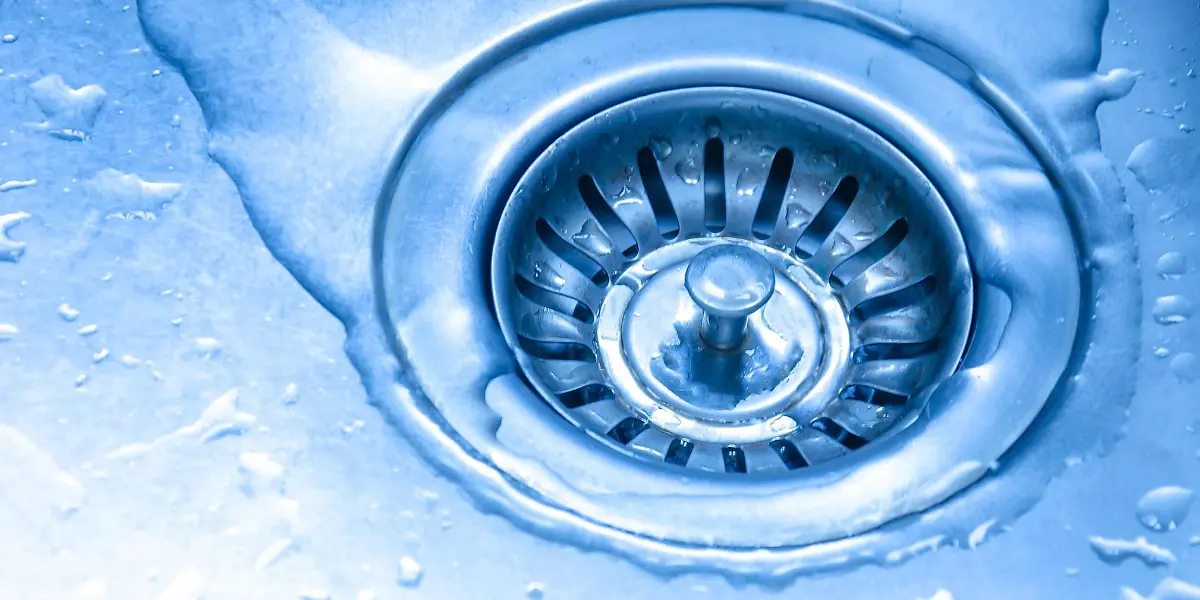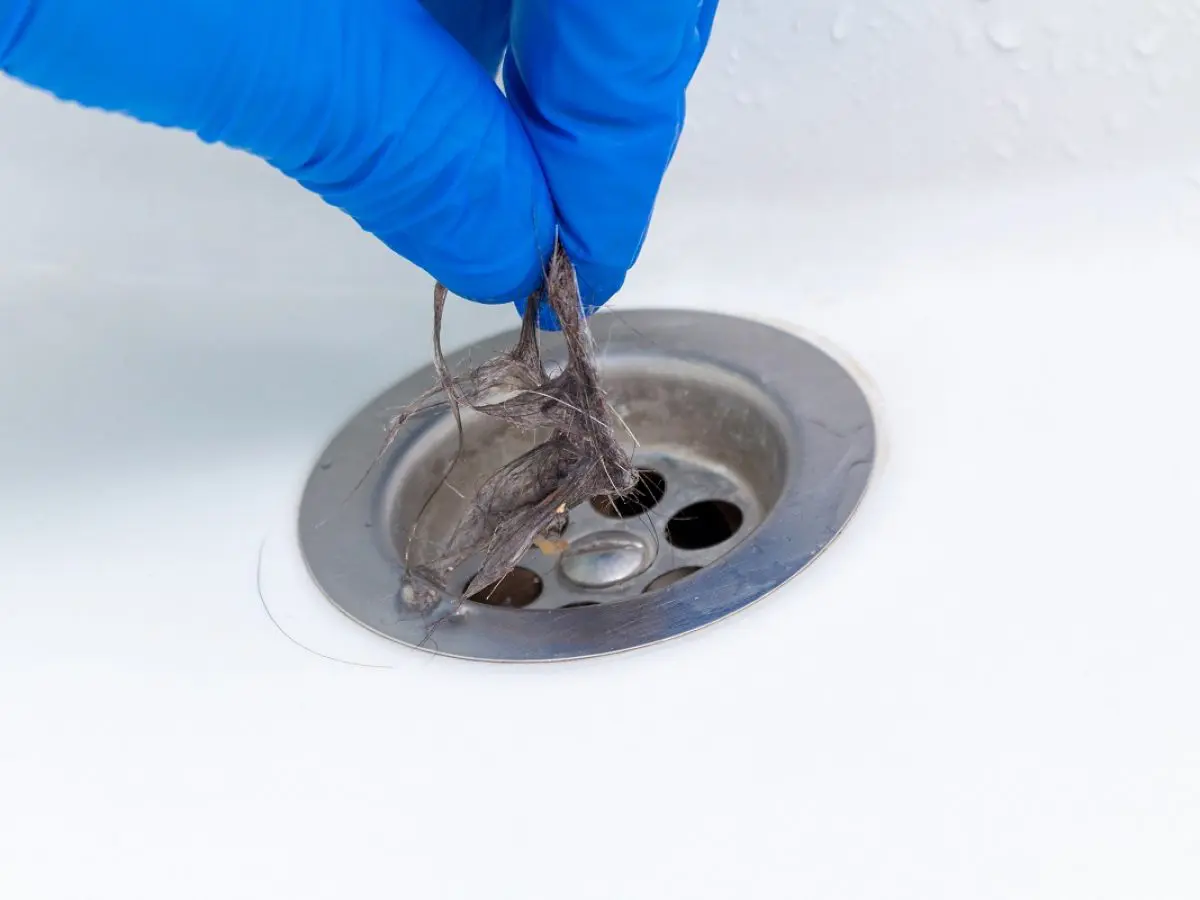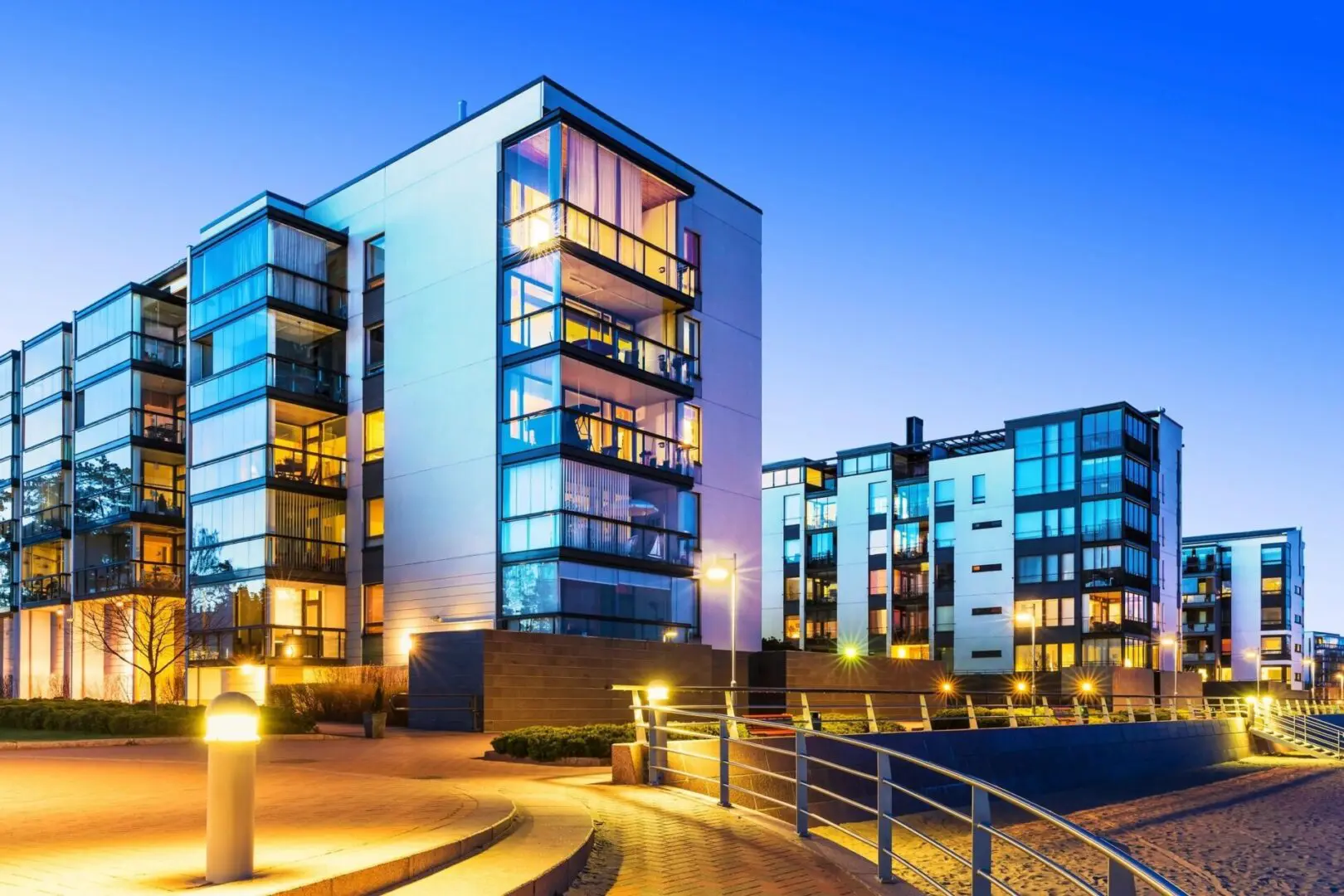How to Choose the Right Water Heater for Your Home
How to Choose the Right Water Heater for Your Home
Selecting the perfect water heater for your home is a significant decision that can impact your comfort, energy efficiency, and monthly utility bills. With a variety of options available on the market, understanding the factors to consider is crucial for making an informed choice. In this comprehensive guide, we'll explore the key considerations and compare tankless and tanked water heaters to help you find the ideal solution for your household's hot water needs.
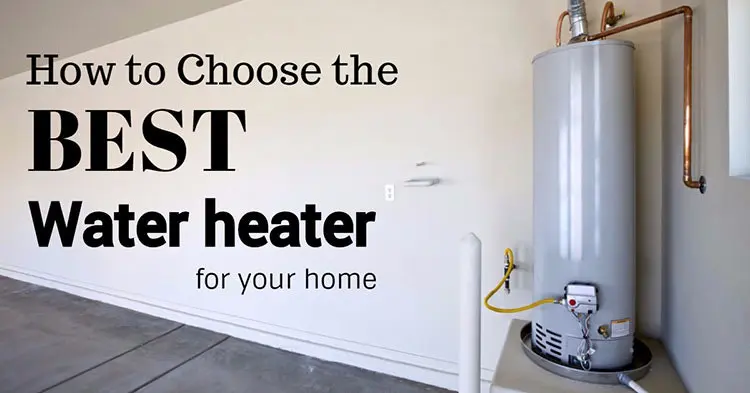
Tankless vs. Tanked: Understanding Your Options
Compare the pros and cons of tankless and tanked water heaters to determine which type aligns best with your preferences and requirements. Tankless water heaters offer on-demand hot water, energy savings, and a longer lifespan, but they come with a higher upfront cost and may struggle with simultaneous usage. Tanked water heaters, on the other hand, provide a reliable and consistent hot water supply at a lower initial investment but consume more energy and require additional space for installation.
Capacity and Size: Matching Your Needs
Assess your household's hot water demands to determine the appropriate capacity and size of the water heater. Consider factors such as the number of occupants, usage patterns, and simultaneous hot water needs to ensure you select a unit that can meet your requirements without wasting energy or space.
Energy Efficiency: Maximizing Savings
Evaluate the energy efficiency ratings of different water heater models to minimize energy consumption and reduce your monthly utility bills. Look for ENERGY STAR-certified units and compare factors such as Energy Factor (EF) and Annual Operating Cost to identify models that offer the best combination of performance and efficiency for your budget.
Fuel Type: Considering Your Options
Choose the most suitable fuel type for your water heater based on availability, cost, and environmental impact. Options include electric, natural gas, propane, and solar power. Consider factors such as fuel availability, cost, and environmental impact to select a fuel type that aligns with your preferences and budget.
Installation and Maintenance Requirements: Planning Ahead
Consider the installation and maintenance requirements of different water heater models to ensure a smooth and hassle-free experience. Tankless water heaters have a compact design and require less space for installation but may have specific venting and electrical requirements. Tanked water heaters are relatively easy to install but require regular maintenance, such as flushing to prevent sediment buildup.
Recap
Choosing the right water heater for your home involves considering factors such as type, capacity, energy efficiency, fuel type, and installation requirements. Tankless water heaters offer on-demand hot water and energy savings but may have a higher upfront cost and require professional installation. Tanked water heaters provide a reliable hot water supply at a lower initial investment but consume more energy and require additional space. By evaluating your household's hot water needs and budget constraints, you can select the water heater that best meets your requirements for efficiency, convenience, and comfort.
Thank you for taking the time to read our blog post! We hope you found it insightful and engaging. Your support means the world to us. If you'd like to explore more content, feel free to head back to our main page for a variety of topics to dive into. Alternatively, you can select another post from the list below to continue your journey with us. Happy reading!
How to Detect and Fix Water Leaks in Your Home
How to Detect and Fix Water Leaks in Your Home Water leaks in your home can lead to not only…
Read MoreThe Benefits of Hydro Jetting
The Benefits of Hydro Jetting for Drain Cleaning In the realm of plumbing maintenance, dealing with clogged drains is a…
Read MoreThe Environmental Impact of Plumbing: Tips for Eco-Friendly Plumbing
The Environmental Impact of Plumbing: Tips for Eco-Friendly Plumbing In today’s world, environmental sustainability is a top priority for many…
Read MoreSigns Your Sewer Line Needs Repair
Signs Your Sewer Line Needs Repair Slow Draining Fixtures: A Telltale Sign Noticeably slow draining fixtures, such as sinks, showers,…
Read MoreUnderstanding Different Types of Pipe Materials
Understanding Different Types of Pipe Materials Welcome to our guide on the various types of pipe materials used in plumbing…
Read MoreDIY Solutions for Minor Plumbing Issues
DIY Solutions for Minor Plumbing Issues Welcome to our guide on tackling minor plumbing issues with DIY solutions. In this…
Read MoreThe Importance of Regular Drain Maintenance
Welcome to our exploration of the critical role regular drain maintenance plays in preserving the functionality and longevity of your plumbing system. In this article, we’ll delve into the significance of proactive drain care, highlighting the benefits it offers and providing practical tips for maintaining clear and efficient drains. Let’s dive in and discover why regular drain maintenance is essential for every homeowner.
Read More10 Common Causes of Clogged Drains and How to Prevent Them
10 Common Causes of Clogged Drains and How to Prevent Them Welcome to our comprehensive guide on preventing clogged drains,…
Read MoreDon’t Overlook Your Storm Drain’s Needs
While the sun shines and the weather stays dry, it’s easy to forget about the storm drain lurking in your…
Read More

